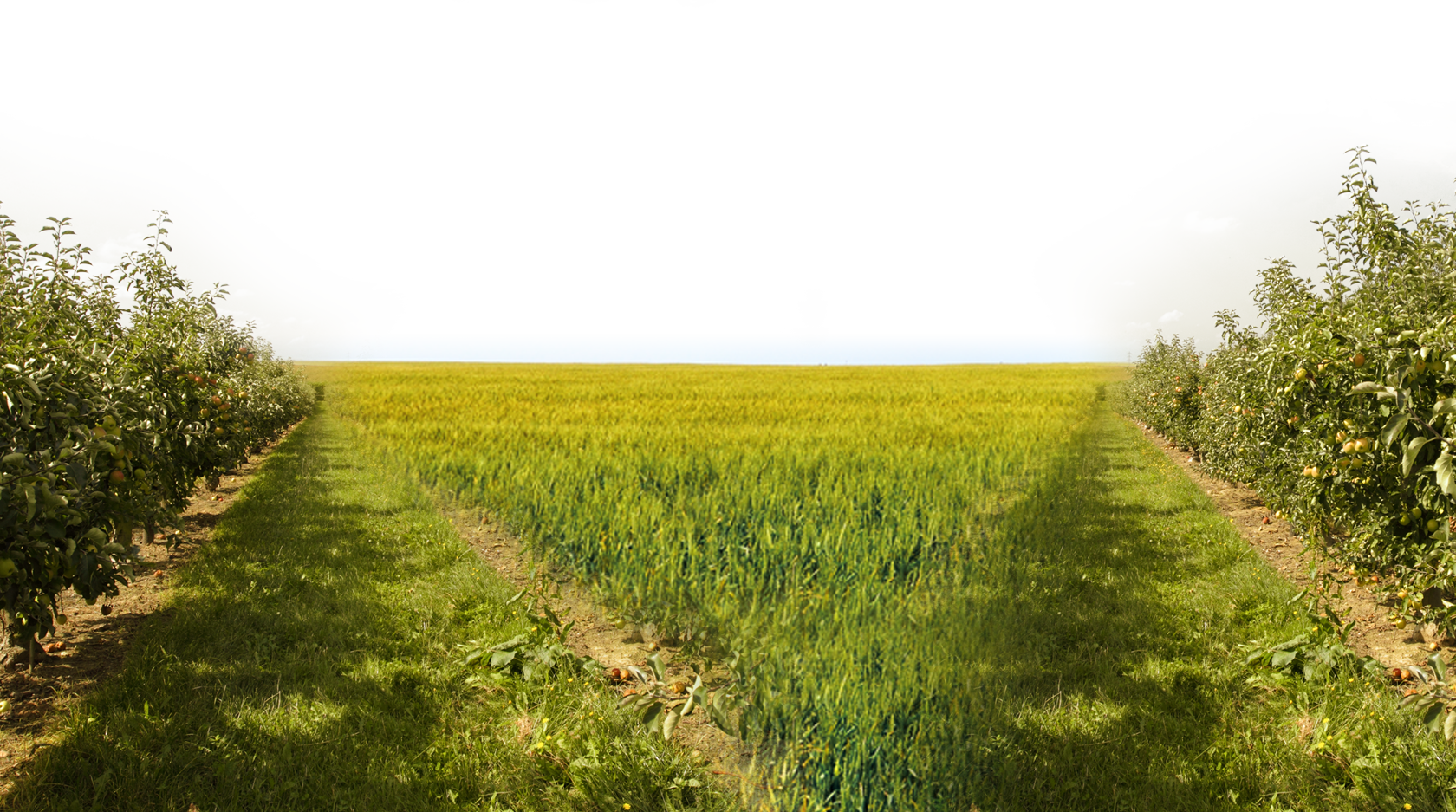
After The Fireworks, A Garbage Intervention
By Karen Shepard | 0 Comments | Posted 07/07/2014
So the fireworks have fizzled and you’ve collected all those paper plates and Popsicle sticks. You have about twice your body weight in watermelon rinds and cornhusks stacked up and waiting to be disposed of. You could spend the rest of the afternoon lugging it all up to the corner – or you could compost it!
You’ve thought about it before, admit it. But then it’s… well, it’s garbage, stinky, fly attracting garbage. Really it’s so much easier to just put it in the bag and not think about it. Anyway, it’s not that big of a deal. You could compost any time, you just don’t want to. All right that’s fine. Now, repeat after me. “My name is (___) and I am a compost avoider.”
I will tell you my story. It’s not pretty. I started not composting because we had friends who gardened with us and took care of all of that. They happily wielded food refuse, as well as things like fishmeal, rabbit droppings, and bat guano. (I think this is called shifting the blame.) This sort of enthusiasm by others for organic processes, made it easy for me to skirt what I thought of as the less than lovely aspects of living and gardening. So I admit it. I was avoiding. Our household garbage was treated as such. I did however use brown bags to put ours in, making me far superior to those less thoughtful types that used plastic? There were other reasons I didn’t compost. “We didn’t have that much food waste… I had kids, I was busy… I had much more important things to do.”
O.K. I just didn’t want to.
I still don’t in a way, but I am practical and cheap, and a little, um, lazy. The cheap part is what really turned the tide though I think. When I realized how much money I was spending to unload all of the green waste from our yard, it occurred to me I might pile it up and compost it. Adding food waste would just make the process that much more efficient and effective. For someone that is cheap and lazy, it’s like a kind of like winning a free cruise!
This may seem like a rather obvious and unimportant intervention, the sort that takes place every day, but unfortunately that is not the case.
It has been estimated that over 40 percent of garbage that goes into landfills is food waste. In New York it accounts for one third of all residential trash. But it doesn’t end there. Food dumped in landfills trapped in an anaerobic process is responsible for 20 percent of the worlds green house gasses. In addition, the amount of food we throw away has grown by 50% since 1970. That is a freaking lot of garbage with nowhere to go. And the cost – which is in the multi-million dollar range for most metropolitan areas, is more than just dollars. While composted organic matter can actually help clean up chemicals and some hazardous compounds, the polluted water that seeps from landfills can have a lethal effect on surrounding waterways, soil, vegetation and underground water systems. While this is not a direct result of organic matter alone, the sheer volume of trapped biodegradable material adds dramatically to the problem; and the simple task of composting appropriate food waste can greatly reduce the amount of space in our already overburdened landfills.
Note here that instead of adding to the problem, compost naturally mitigates it. The EPA says: “It (compost) has also been shown to bind heavy metals and prevent them from migrating to water resources or being absorbed by plants. The compost process degrades and, in some cases, completely eliminates wood preservatives, pesticides, and both chlorinated and non-chlorinated hydrocarbons in contaminated soils.”
http://www.epa.gov/composting/benefits.htm
While the facts may read like some strange chemical incantation, the reality is this: Garbage is a serious and growing problem for everyone and not just on the fourth of July. Many cities are moving toward making separating food waste a law. The great news is you don’t have to wait to make a difference. You can start right now. Organic waste in, good soil out. = Presto chango!
To get started, all you need is: a bin, browns, greens, water and air.
Here’s a fun, quick, video on how to.
http://greenactioncentre.ca/content/how-to-compost-a bin, brownvideo/
Still feeling unsure? Consider combining your efforts with a friend – or several friends. Don’t quite want to get your hands dirty? Contact your master gardeners and see if any of them would like your kitchen offerings. Some areas even have drop off places that will transform your food waste into good organic soil, and you can feel great because the detrimental effect of compost on the environment is – Zero. That’s a big plus for everyone.
Other interesting sources:
http://compost.css.cornell.edu/invertebrates.html
http://www.snh.org.uk/publications/on-line/advisorynotes/39/39.htm
http://www.livescience.com/32786-what-happens-inside-a-landfill.html
http://www.onegreenplanet.org/lifestyle/5-reasons-why-composting-is-the-greenest-thing-you-can-do/
http://www.huffingtonpost.com/food-politic/why-compost_b_3567964.html
http://environment.gov.ab.ca/edu/activities/compost/WhyCompost.htm
http://web.extension.illinois.edu/homecompost/benefits.cfm
http://www.globalhealingcenter.com/natural-health/10-reasons-to-start-composting
http://greenactioncentre.ca/content/why-should-i-compost/


 Contact us
Contact us



























